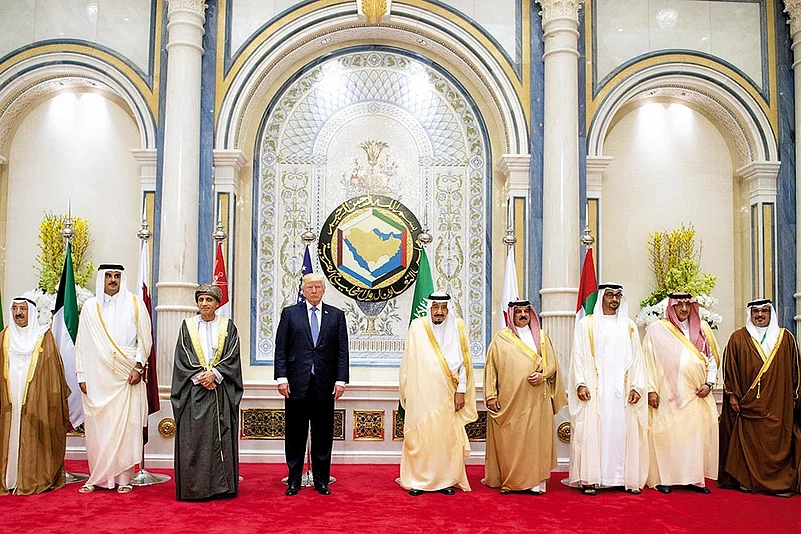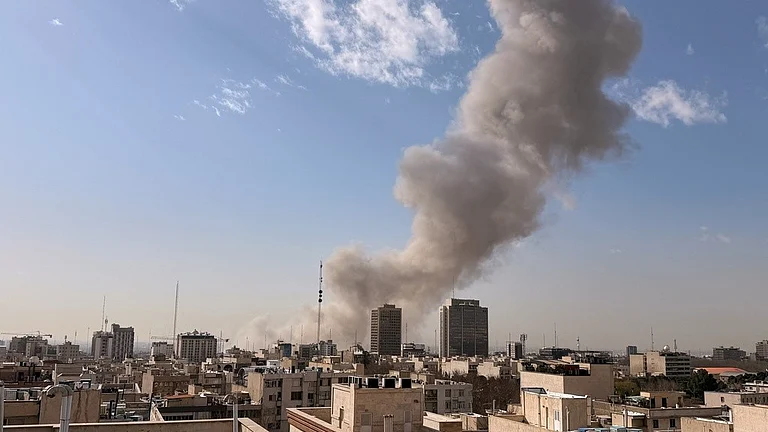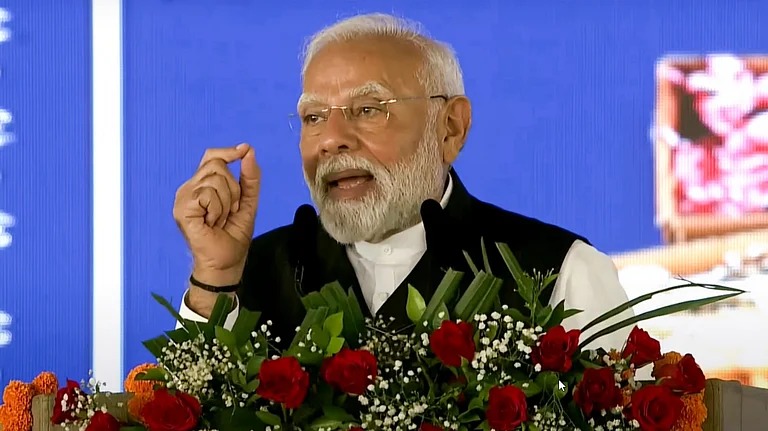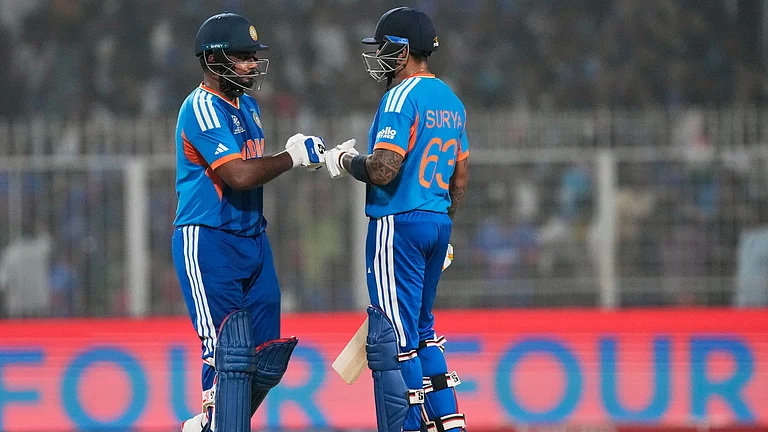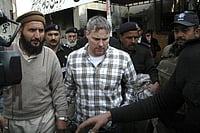The roots of Saudi Arabia’s anger against Qatar runs deep in history and is entangled in territorial ambitions, atavistic fears, tribal animosities, politics of oil and so on. The faultlines run along Qatar’s refusal to toe Saudi policies—Qatar’s patronage of Muslim Brotherhood (which Saudi and Emirati regimes regard as an existential threat), dalliance with Shia Iran, support of Arab Spring, sponsorship of Al Jazeera, and support of rival extremist groups in Libya and Syria that are fighting Emirati and/or Saudi proxies.
Qatar’s strategic defiance challenges Riyadh’s regional influence within the GCC (Gulf Cooperation Council). Saudi Arabia also worries over the stability of its restive Shia provinces in the south. The current standoff has precedents, but there are added features. Fundamentally, there is a swagger about Saudi behaviour lately, stemming from the return of the halcyon days in ties with the US. Saudi access to Donald Trump’s family is as profound as it used to be with the Bush family (till Obama spoiled the party.)
The current standoff seems an orchestrated crisis. Within the hour of ‘fake news’ being injected into the Qatari government website by hackers, a massive Saudi media blitzkrieg commenced, with tonnes of propaganda materials already being disseminated, caricaturing Doha as the epicentre of terrorism.
Qatar enjoys strong backing from Turkey and low-profile support from Iran and Russia. Turkish parliament approved on June 7 to deploy troops in Qatar under a military pact. Thus, Qatar becomes a Turkish ‘protectorate’ and may have neutralised the threat of a Saudi invasion or attempt at ‘regime change’.
Turkey and Iran have promised Qatar that they will rush food and other necessities for which it used to depend almost entirely on imports via Saudi Arabia.
US President Donald Trump initially signalled support for Saudi Arabia, castigating Qatar for links with terrorist groups. But he swerved sharply within the day, instead phoning Qatari emir Sheikh Tamim bin Hamad Al Thani and offering to mediate. Saudis are an irreplaceable client for US products and petrodollar recycling lubricates the American banking system, but Washington cannot afford Doha’s displeasure either, since the US Central Command is headquartered in Qatar. All hell will break loose if, in a huff, Qatar evicts the US Central Command.
Growing Turkish-American tensions over Pentagon’s alliance with Kurdish militia in Syria (whom Ankara regards as terrorists) as well as the downhill slide in US-Turkey ties in the downstream of the attempted coup against Erdogan last July (in which Turks suspect US complicity), will cast their shadow on the Qatar situation. Erdogan’s ruling party has affinities with Muslim Brotherhood and his brand of Islamism too is under close western scrutiny.
The denouement of the Qatar crisis can impact the endgame in Syria. Qatar has retrenched from the Syrian theatre. But Saudi Arabia is actively involved in sponsoring extremist groups and foreign fighters involved in the conflict, including some linked to al-Qaeda (and are currently enjoying US support.)
Indeed, Saudi-backed extremists are in the cross-hairs of Syrian government forces and allied Iranian Shia groups and the Hezbollah. If Saudis and Turks get into an eyeball-to-eyeball over Qatar, Saudi (and US) capacity to influence events in Syria (and Iraq) may suffer. Of course, Turkey, Russia and Iran are stakeholders in the standoff in the Persian Gulf.
Thus, President Vladimir Putin telephoned Qatar’s emir on Tuesday. Iranian foreign minister Mohammad Javed Zarif arrived in Ankara on June 7 for urgent consultations. Moscow is having back-to-back consultations with Ankara and Tehran. Meanwhile, the terror strikes in Tehran on Wednesday give a dangerous dimension, with initial Iranian reactions hinting at a hidden Saudi hand via proxies.
The bottom line is that Trump’s visit to Riyadh last month proved to be a defining moment. The German foreign minister, Sigmar Gabriel, was spot on while accusing Trump of fanning conflict in the Middle East and risking a “new spiral in arms sales” with his remarks. To quote Sigmar, “Such a ‘Trumpification’ of relations in a region already susceptible to crises is particularly dangerous.”
(The author is former Indian envoy to Turkey and Uzbekistan)







